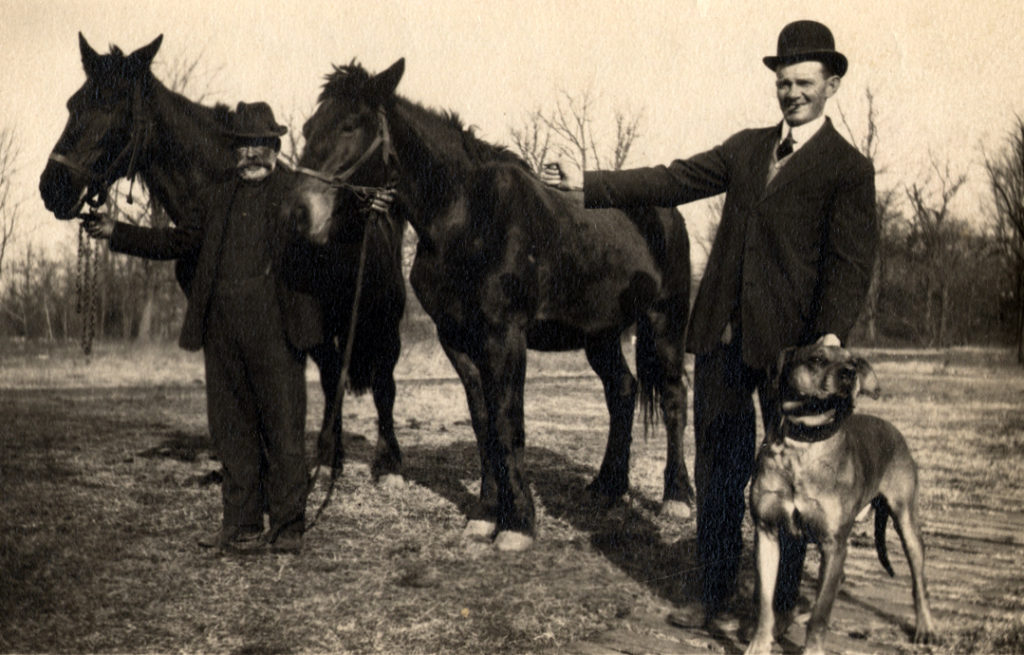If you are descended from a someone whose surname could have multiple spellings, the best thing to do is create a document of possible variations. The further away from English surnames, the more ways there seem to be for people to botch the spelling.
Why is this? It really wasn’t until the 20th Century that the exact spelling of a person’s name became important. In earlier eras, spelling was more fluid. Sometimes it was phonetic, particularly if it was a census taker speaking to an immigrant family who could not write or speak perfect English. The census worker would oftentimes make a best guess at a family name. There are instances where you can get a hint of a person’s accent simply by looking at the way a clerk spelled his or her name on a document.
Let’s look at an example. For my Combs ancestors, I have seen the surname for my great-great-great-great-grandfather (or fourth great-grandfather) Charles spelled the following ways:
- Coombs
- Combes
- Comes
- Coombes
- Comb
If you throw an immigrant into the mix, there can be even more options. For example, my German ancestor John Miller sometimes had his first name spelled Johann, Johannes, and Johnathan. His last name was spelled Mueller, Müller, or Mueler.

Was your ancestor’s surname spelled consistently?
So, as a family researcher, what should you do? My advice is to make a list of all the possible ways a person could spell a non-English sounding name (think phonetically) can be a real asset to your research.
By simply creating a list of every possible way a name could be spelled, and then updating it when you find one not on your list, you will have a cheat sheet of sorts to help in your searches. This is particularly important when you are using an index or database that does not take into account spelling variations and only lists the spelling as seen on a record.
There is one other thing to keep in mind as you conduct research. When you are identifying people in records, you need to look at all the alternatives and not dismiss a person simply because the name was not spelled the way you think it should be.